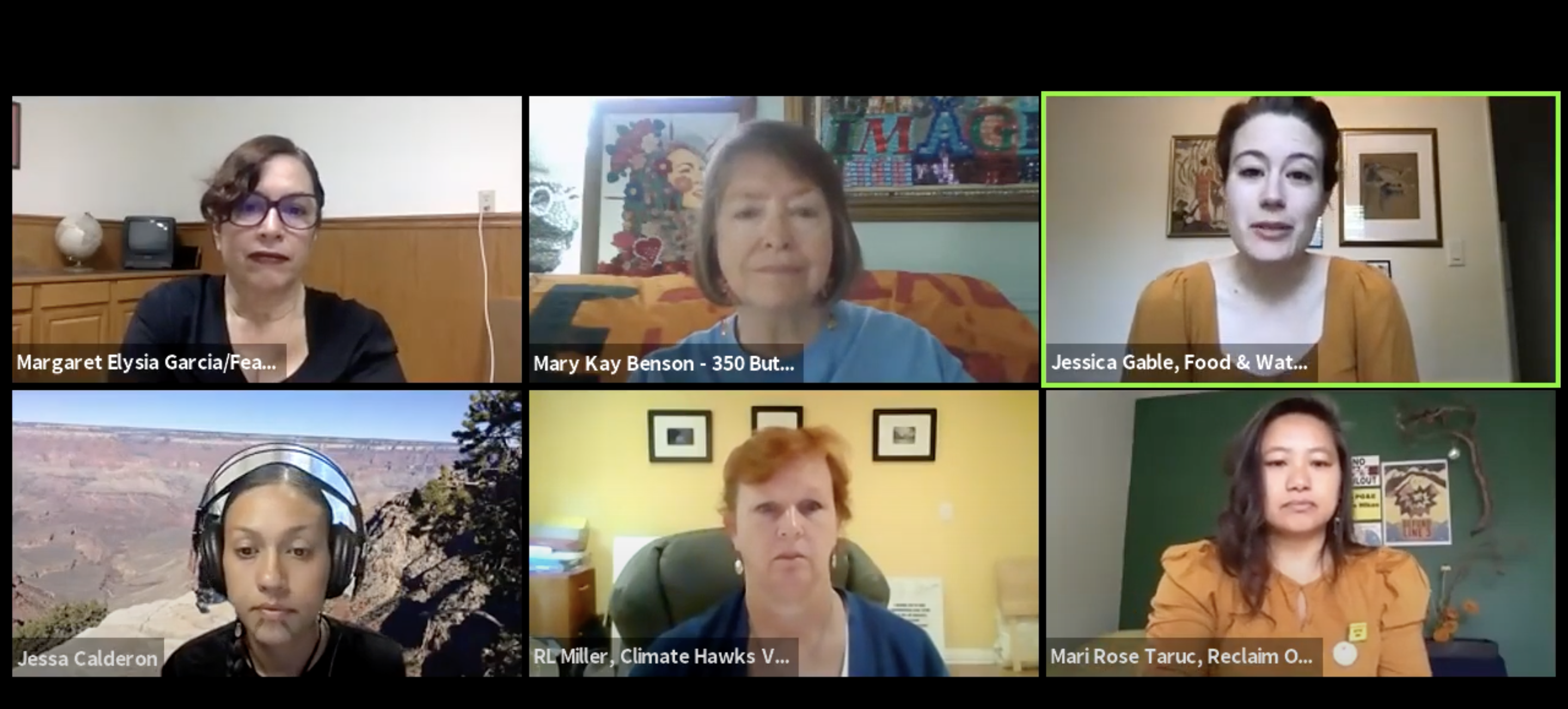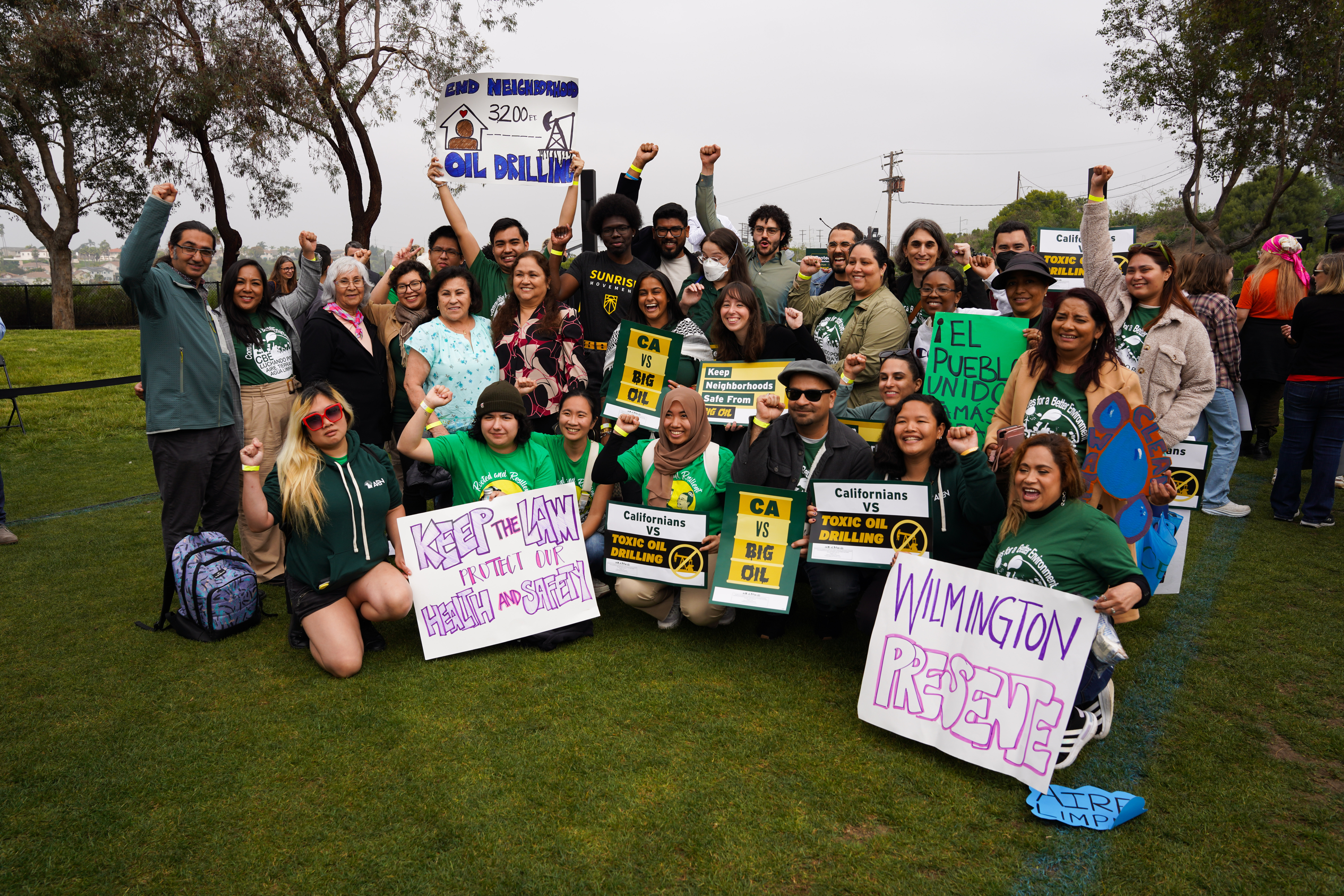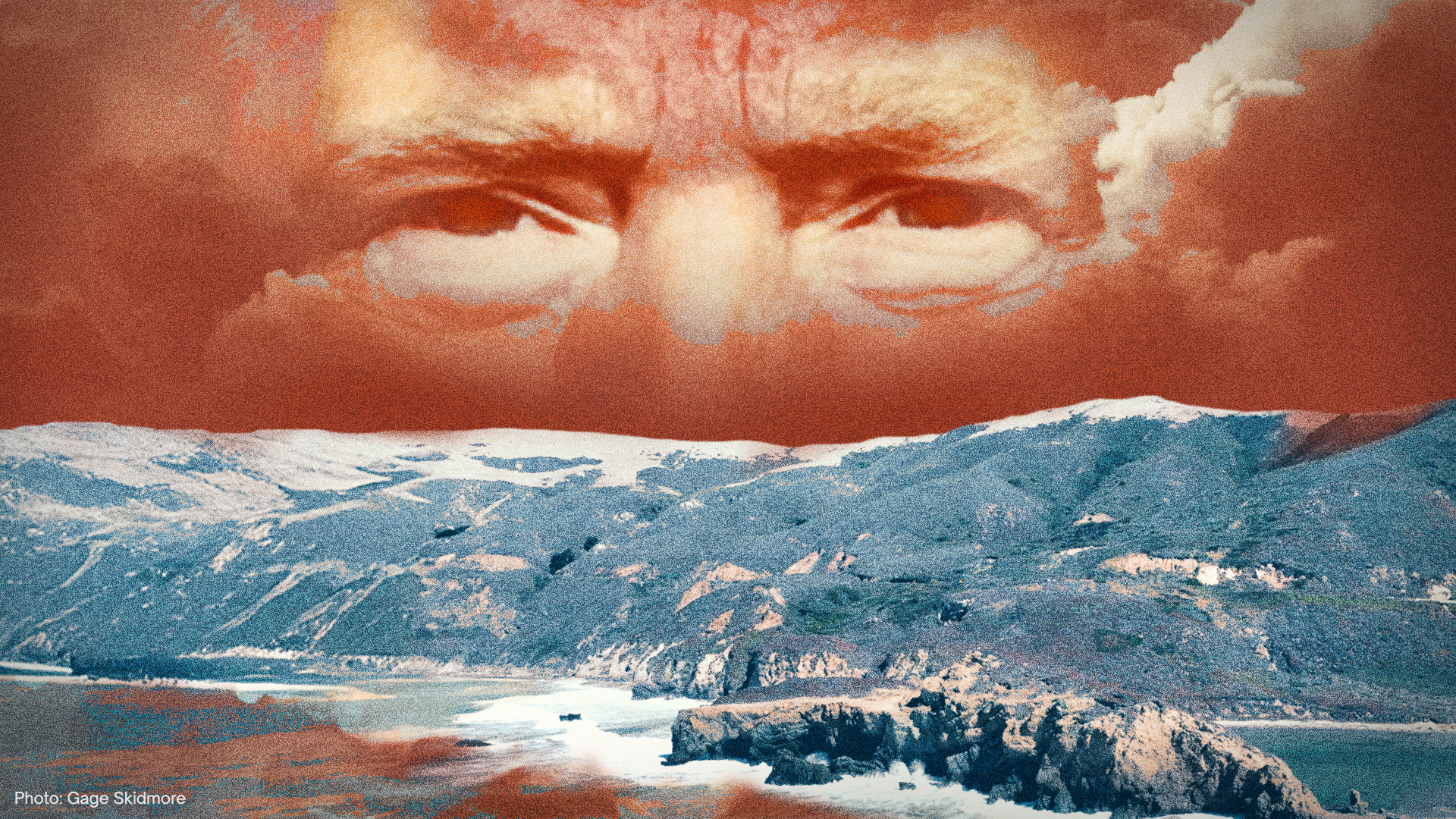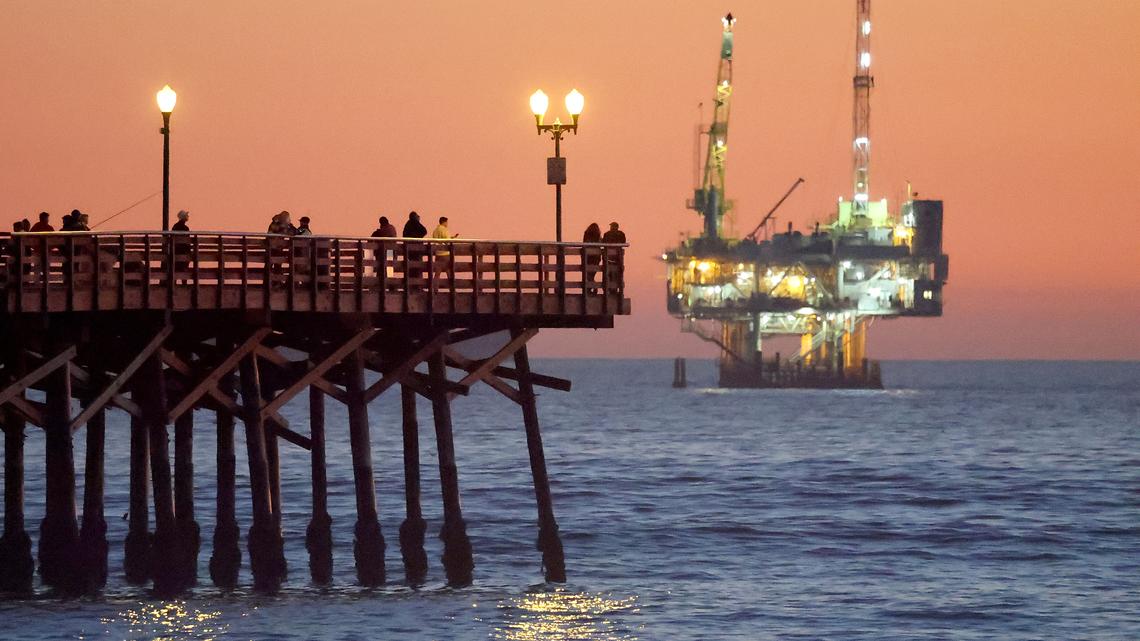Sacramento, CA—Today, climate and public health experts joined community members who have been most impacted by California’s climate crisis to highlight the role in-state fossil fuel extraction and production plays in fueling devastating wildfires. California is one of the leading oil producers in the nation and the oil produced here is among the most climate-damaging on the planet. Industrial fossil fuel operations are creating hotter, drier conditions, making the state’s landscape more conducive to wildfires.
As the Dixie Fire reduces the town of Greenville to ashes as the second-largest recorded wildfire in state history, Greenville journalist and fire survivor Margaret Elysia Garcia shared the harrowing story of evacuating amid the blaze.
“Normally what happens in the county when there’s a fire, is there’s one community, and they’re able to get to safety in a different community in our small county. That’s not what happened this time. We had all of the communities evacuated. We experienced three weeks of 105 degree weather in an area where we usually never see it over 100. Three weeks of 100 degree weather really did us in.” — Margaret Elysia Garcia
Continued oil and gas drilling, and an electrical grid powered by fossil fuels, are locking in planet-warming greenhouse gases and contributing to extreme climate threats across California. While the state has made commitments to reaching zero-emission goals in an effort to stave off the deadliest effects of climate change, the state has been slower to meet the catastrophic crisis with supply-side policies to phase out new and existing fossil fuel production. Speakers highlighted the urgent need to transform the state’s energy sector by ending in-state oil drilling and holding corporate entities responsible for their contributions to global warming.
“We have to address the problem where it started. There should be no new permits for any oil and gas operations within 2,500 feet of where people live. There has to be a moratorium to protect California. There is a path forward— but we have to run, not walk. The irreversible damage has been made and it’s up to us to make sure we mitigate the effects of what has already been done”—Cesar Aguirre, Senior Community Organizer, Central California Environmental Justice Network
“Let’s act now, not a year from now or two years from now, because we have the ability to operate a different utility. We are clearly seeing the fossil fuel industry collapsing. And we see PG&E and old power lines that they have avoided investing in fixing because they’re much more interested in paying their corporate shareholders. We know where the money is going. It’s going to shareholders instead of a safer electricity system.”—Mari Rose Taruc, Coordinator of Reclaim Our Power
Speakers also drew connections between the climate crisis and the threats to public health. California is already home to some of the worst air quality in the nation, exacerbated for communities affected by wildfires and communities in close proximity to oil extraction and refining sites.
“I was talking to a nurse colleague who equated the Dixie Fire as an alarm. Nurses are no strangers to alarms. We use them in the clinical setting to monitor the health status of our patients in order to recoup and rehabilitate our patients to send them home. The IPCC report is confirming what we already know to be true and that is that this record heat and drought is from climate change due to increasing greenhouse gas emissions and this is where we need to focus our efforts — not just on healing and making sure that our communities are safe, but also advocating for our communities and making sure that we stop drilling. The Dixie fire is an alarm going off and the response is really way too late.”—Dr. Sarah Brown Blake, with the Alliance of Nurses for Healthy Environments
Unified in their place on the frontlines of the state’s fossil fuel infrastructure and the climate change-driven wildfires, speakers called on lawmakers to meet the urgent moment with swift action.
“We have all of these non representatives in our government who take money from the fossil fuel corporations and have done nothing to prevent future fires. So, of course it keeps happening and the drilling is literally killing us. We are being treated as dispensable, there is an acceptable kill rate and we don’t accept it.”—Mary Kay Benson, Butte County, Chico 350 and 350 Butte County manager who works with fire survivors
“While California has a reputation as a climate leader, we are also very much on the frontlines of climate change which means we need to do more. We need to do more than what the rest of the country is doing. We have taken steps to implement a 100% renewable energy standard but we need to stop producing oil in this state. We can turn off the spigot, find a Just Transition for the workers being directly affected, and simply put, wind down fossil fuel production in California.”—R.L. Miller, founder of Climate Hawks Vote and survivor of the 2018 Woolsey fire
Watch and download the entire press conference.
###
Last Chance Alliance is an alliance of more than 750 public health, environmental justice, climate, and labor organizations united to urge Governor Gavin Newsom to end fossil fuel extraction across California and build a just climate future where every community can thrive.
Media Contact:
Jessica Gable, jgable@fwwatch.org
Aimee Dewing, aimee@hollywoodunited.org




